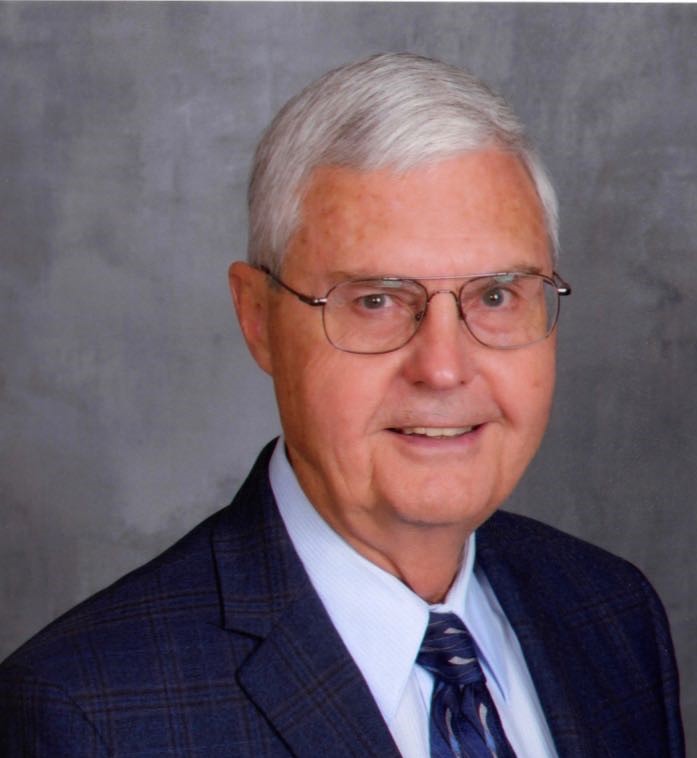Scientific computing plays an increasingly important role in determining the expected behavior in engineered systems and manufacturing processes. However, there is a frequent disconnect between simulations and what happens in reality. Without this awareness and understanding, decision makers could unknowingly put their customers, the public, the environment, or the system itself at risk. This course presents modern terminology, techniques, and effective methods for verification of numerical simulations, validation of mathematical models, and uncertainty quantification of nondeterministic simulations.
Computational analysts, designers, and project managers who rely on simulation for decision making are shown practical techniques and methods for assessing simulation accuracy, credibility, and total uncertainty of the simulation. The techniques presented in this course are applicable to a wide range of engineering and science applications, including fluid dynamics, heat transfer, solid mechanics, and structural dynamics. The mathematical models considered are given in terms of partial differential or integral equations, formulated as initial and boundary value problems. The computer codes that implement the mathematical models can use any type of numerical method (e.g., finite volume, finite element) and can be developed by commercial, corporate, government, or research organizations.
While the focus of the course is on modeling and simulation, experimentalists will benefit from a detailed discussion of techniques for designing and conducting high quality validation experiments. The course will also discuss the responsibilities of organizations and individuals serving in various positions where scientific computing software, mathematical models, and simulation results are produced.
By participating in this course, you will learn how to successfully:
- Implement procedures for code verification and software engineering.
- Implement procedures for solution (calculation) verification.
- Plan and design model validation experiments.
- Comprehend the concepts and procedures for nondeterministic (stochastic) simulation.
- Identify sources of uncertainty in simulation, including both aleatory and epistemic uncertainties.
Who Should Attend
This course benefits model developers, computational analysts, code developers, researchers, software engineers from physical and chemical sciences, and all regulatory bodies. Additionally, managers directing this work and project engineers relying on computational simulations for decision-making will also find this course to be beneficial. An undergraduate or advanced degree in engineering or the physical sciences is highly recommended. Training and experience in computational simulation of physical systems is also recommended.
Course Materials (included in purchase of course)
- Verification and Validation in Scientific Computing, Cambridge University Press, 2010, written by Dr. William Oberkampf and Dr. Christopher Roy
- Digital course notes via ASME’s Learning Platform
Course Materials (not included in purchase of course)
- You must bring a laptop to class.
Topics covered in this course include:
- Introduction to verification and validation
- Introduction to uncertainty quantification
- Code verification
- Solution verification
- Model validation experiments
- Model accuracy assessment
- Predictive capability of scientific computing
- Simulation-informed decision-making
A certificate of completion will be issued to registrants who successfully attend and complete the course.



